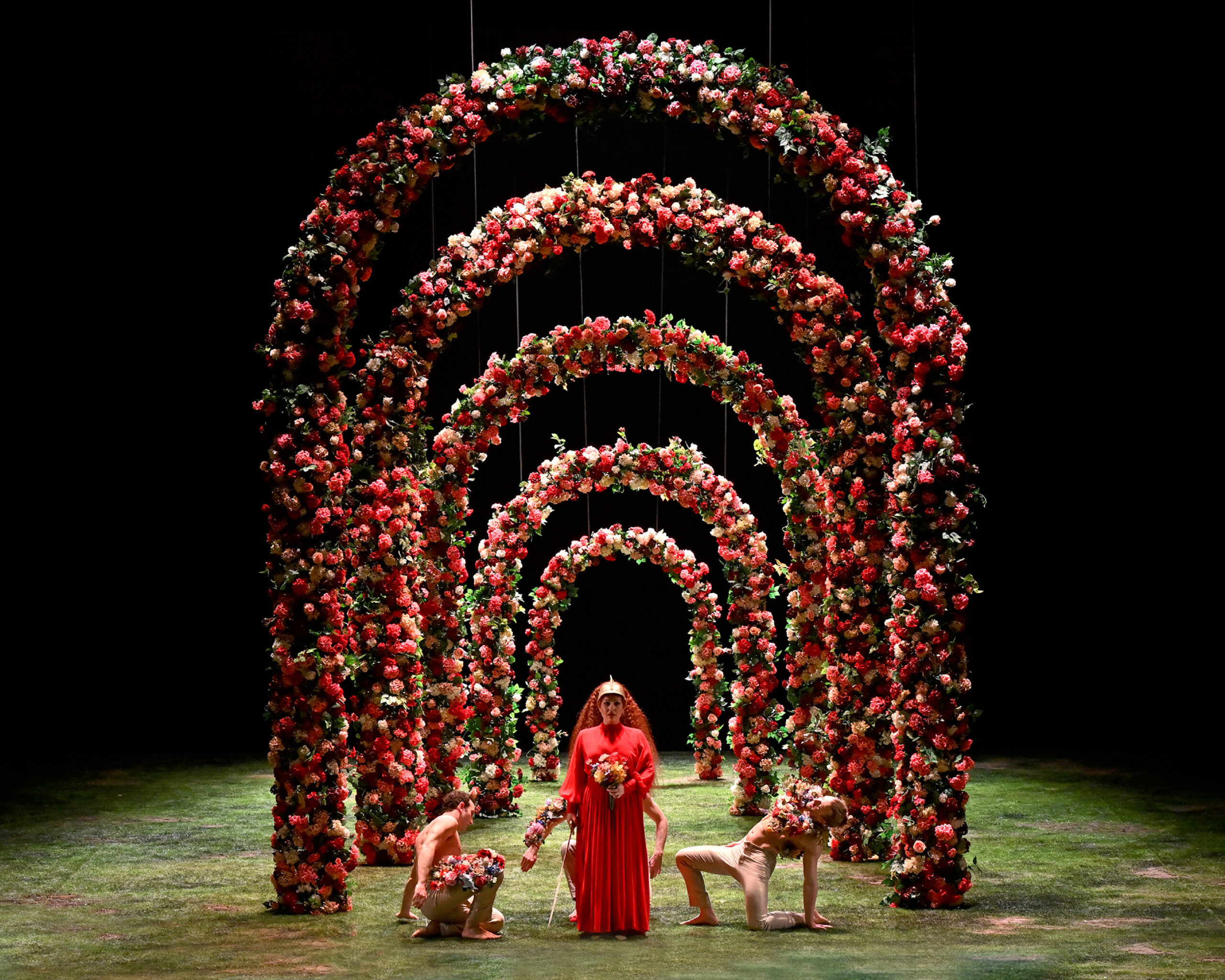LA BOHÈME – WERTHER – DIDO AND AENEAS – MACBETH – OTELLO – FALSTAFF – NORMA
It is with the new season that we are closing the first cycle of the repertoire, musical- performing, aesthetic and production-ethical revival of the Rijeka Opera that we started three years ago. Since the autumn of 2014, we presented no less than four operas (Oedipus rex, La vida breve, Giulio Cesare in Egitto, Le convenienze ed inconvenienze teatrali) that had not been performed in Rijeka before, in co-operation with the Music Biennale Zagreb we gave the world premiere of the contemporary opera Klothó, having also brought back to the Opera programme works that the Rijeka audience could not have heard and seen in its town for over half a century, as Don Giovanni, Eugene Onegin, Andrea Chénier and Otello.
We have introduced the Rijeka Opera to the scene of theatre contemporaneity, resisting the megalomania of setting and frivolous spectacle making that reduce the art of opera to a socially irresponsible, actually arrogant cultural and political economy. We in the Rijeka Opera simply do not have money for sumptuous set designs and costumes, but have learned to turn the shortage on the one side to the surplus on the other – not lacking creative ideas and enthusiasm, readiness for a risk, soloist singers and members of the orchestra who refuse to abandon their artistic devotion to a performance, despite difficult conditions in which we work and create, often on the brink of the possible and sustainable. For a few years we have been repeating this hoping to be heard by few of our spectators, though often loudly disapproving ones, who would like everything “as it used to be once”, which is sometimes measured in decades.
We are also repeating that opera in a small city as ours cannot survive without new faces in its auditorium. To love opera means to think of its future, and not to keep turning back to its past stubbornly. The point is not in discarding history and tradition, but in persisting in the attempt of their reappraisal. It was with this idea and intention in mind that we stagedRigoletto, Carmen, Otello and the memorable “film-like” Don Giovanni in the last three seasons. In the new season we are continuing with this direction; we will be investigating, in the light and in the darkness of our contemporaneity, how, in stage terms, to read afresh the works of the three frontmen of the Italian opera in the repertoire range from the culmination of bel canto in the end of the season, Bellini’s Norma, to the culmination of verismo, Puccini’s La Bohème, at its beginning. Between these two, we will stage the darkest and the most cheerful of Verdi’s operas, Macbeth and Falstaff, also return to Baroque music with Purcell’s Dido and Aeneas. Having directed Werther last season, we have again Fabrizio Melano, Metropolitan Opera veteran, who directed La Bohème with opera legends as Renata Scotto and Luciano Pavarotti. In Rijeka, Melano has found ideal young interpreters of Mimì and Rodolfo, that is, Anamarija Knego and Aljaž Farasin. With Dido and Aeneas we will again be our audience reminding of the vast opera literature besides the nineteenth-century Italian and French tradition. (Yes, your guess is right – in the next opera season, 2018/19, we will no longer be able to resist the responsibility of confronting the Rijeka audience with the German opera repertoire. So, relax while you still can!) After Otello, Macbeth andFalstaff will round off the trilogy of Verdi’s operas created after Shakespeare’s tragedies and comedies, while Norma will present Dunja Vejzović in a new role, that of the conductor. However, these are not the only highlights of the season. For the first time on Croatian stages, Kristina Kolar sings her new role of Lady Macbeth; Diana Haller returns to our opera house as Adalgisa in Norma, while Giorgio Surian, in a grand finale of his career, is facing a challenge for which only the greatest singers have the courage and knowledge, namely, in only three weeks he will sing the roles of Macbeth, Iago and Falstaff on the Rijeka Opera stage. It is difficult to think of a stronger conclusion for an introduction to the season.
Marin Blažević, PhD



